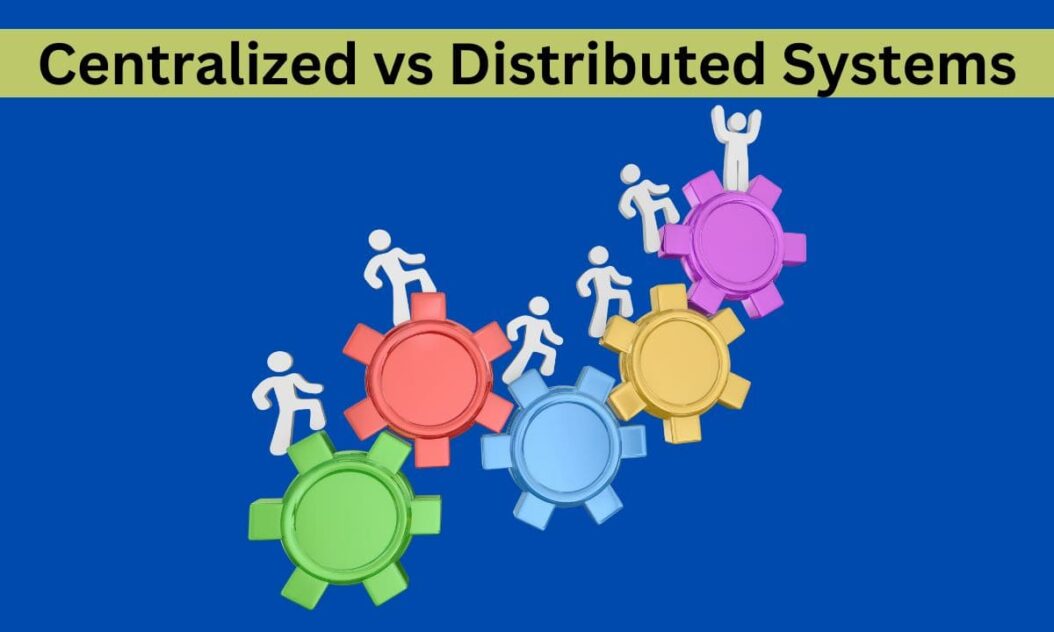What are the Best AI Chatbot Frameworks: Complete Developer Guide 2025
Best AI Chatbot Frameworks Building intelligent chatbots has become essential for businesses seeking to automate customer interactions and streamline operations. With the rapid evolution of artificial intelligence and natural language processing, choosing the right chatbot framework can make the difference between a successful implementation and a costly failure. This comprehensive guide explores the leading AI […]
What are the Best AI Chatbot Frameworks: Complete Developer Guide 2025 Read More »

